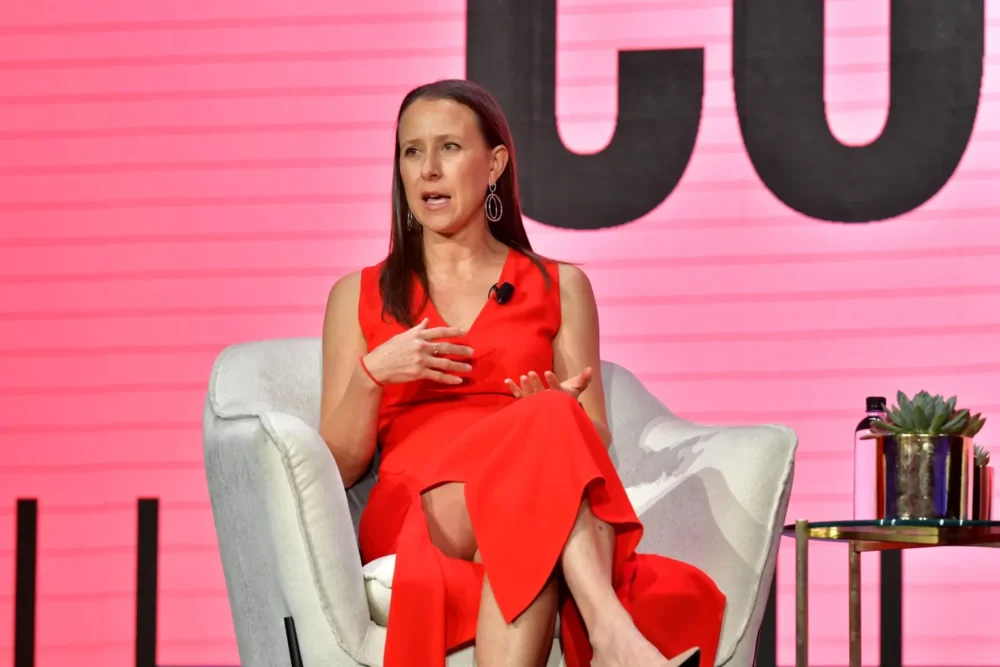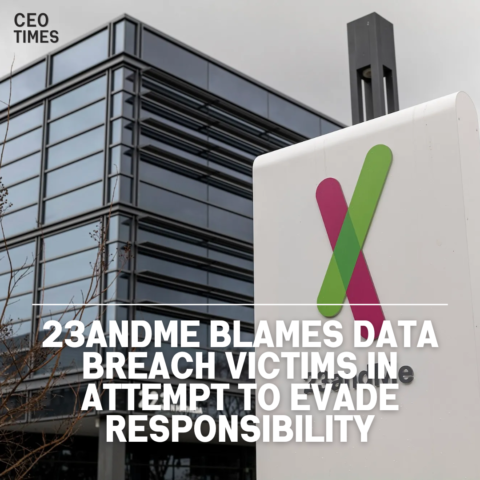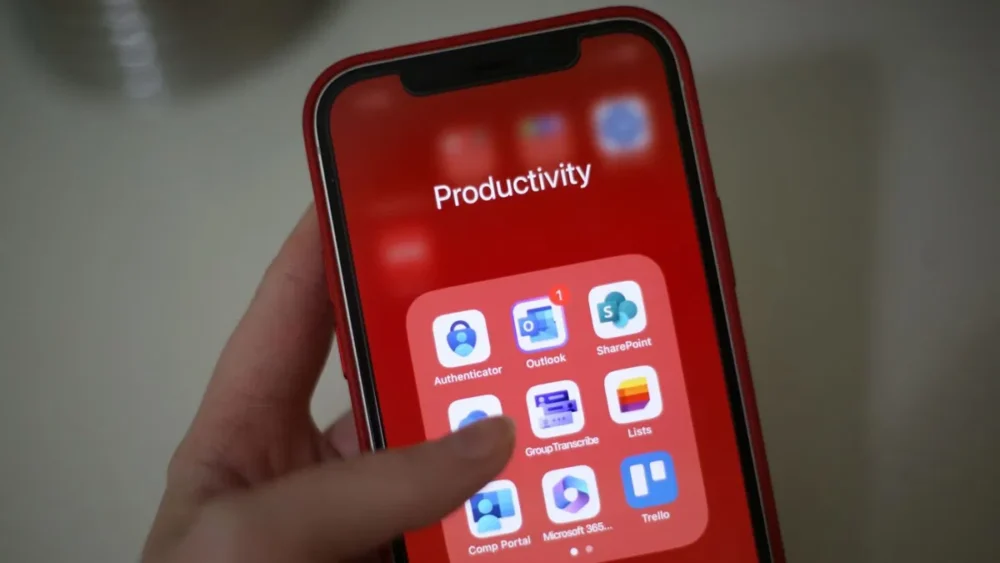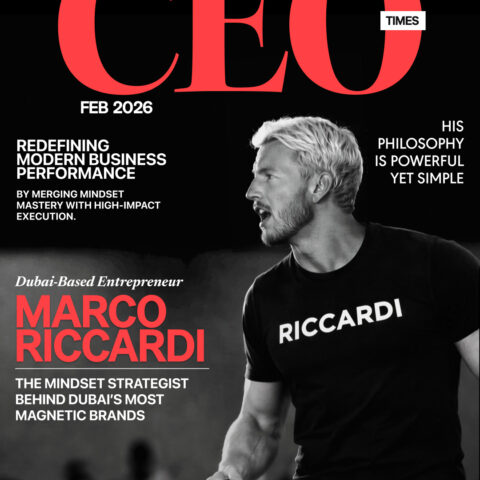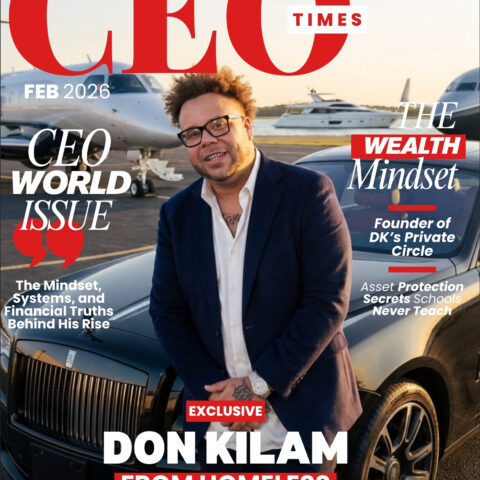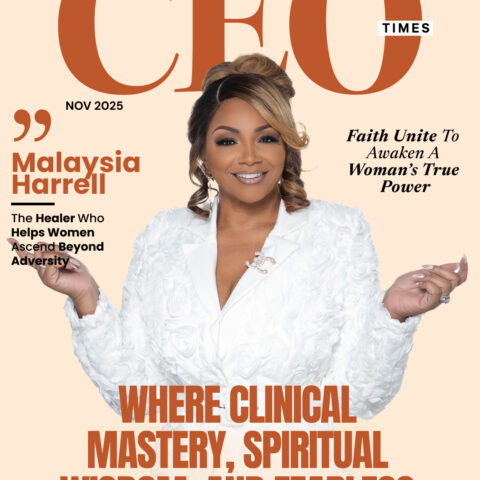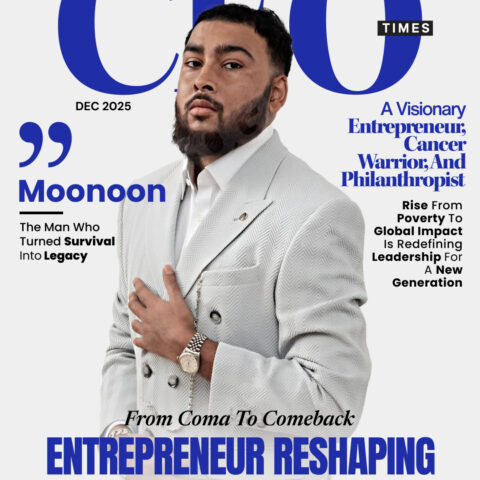A Fall from Grace: Once Worth $6 Billion, Now Selling for $75 Million
For the second time in just two years, 23andMe CEO Anne Wojcicki is attempting to buy back the struggling DNA testing company she founded. The once-revered biotech giant, valued at a staggering $6 billion just six years ago, has now dwindled to a mere $75 million. If Wojcicki’s proposed buyout succeeds, it is bound to stir controversy among investors and industry watchers alike.
Teaming up with venture capital firm New Mountain Capital, Wojcicki has made a bid to purchase the company’s outstanding shares at $2.53 per share, valuing it at $74.7 million. “We believe the best course of action is for the company to go private, which will enable it to focus on executing long-term value creation initiatives,” Wojcicki and New Mountain Capital stated in a letter to the board in late February. However, for the deal to go through, both the board and a majority of minority shareholders must approve the transaction.
From Biotech Pioneer to a Struggling Business Model
23andMe initially gained traction by offering consumers an innovative way to explore their ancestry and genetic health indicators. With time, the company amassed one of the world’s largest DNA databases, holding data from 15 million people, many of whom consented to research use.
In 2015, the company sought to capitalize on its vast genetic repository by delving into drug development, a notoriously expensive industry requiring deep pockets and long-term commitments. It partnered with pharmaceutical giants and even established its own drug discovery division. Then, in 2021, 23andMe acquired telehealth company Lemonaid for $400 million, attempting to integrate genomic data with clinical practice. Despite adding new health reports and expanding its offerings, cracks in the company’s business model began to surface.
The company’s downfall can be attributed to multiple factors, including shifting market conditions, the cost-heavy nature of drug research, and a severe data breach that eroded consumer trust. When 23andMe went public via a SPAC deal in 2021, it reached a peak valuation of $6 billion. However, by 2024, its value had plummeted to $80 million—a catastrophic 98% decline.
Wojcicki’s Bid and Investor Skepticism
In response to mounting financial pressure, Wojcicki made an initial offer to buy back the company in mid-2024. However, the board rejected her bid, which proposed a mere $0.40 per share (post-reverse split equivalent: $8 per share), citing an inadequate premium and insufficient financing details.
Frustration among board members led to an unprecedented mass resignation, leaving Wojcicki as the sole member. As the company faced potential delisting from Nasdaq, she quickly appointed three former CFOs as independent directors. To stabilize 23andMe, Wojcicki executed a reverse stock split, laid off 40% of the workforce, and shut down the costly drug development unit. In November, the company also sought to sell Lemonaid.
Despite these measures, skepticism remains. An analyst familiar with 23andMe noted that while its genomic database still holds considerable value, the current market environment is harsh, and potential buyers in the health sciences sector are aggressively negotiating deals at rock-bottom prices. The company’s partnership with GlaxoSmithKline (GSK), a four-year $300-million agreement extended for another year in cash-only terms, signals that its data retains value. However, the internal instability and lack of external bidders raise red flags for shareholders.
Shareholders’ Concerns and Potential Legal Battles
Now, Wojcicki’s new proposal is under board evaluation, and minority shareholders are expected to push back. There is speculation that the board may demand a higher bid or that a rival offer could emerge. Wojcicki has recently reversed her previous stance of rejecting outside bidders, suggesting she may be open to third-party offers.
Discontented shareholders are already voicing concerns. A retail investor, Victor Zhang, expressed disappointment, stating that he initially invested in 23andMe due to its potential for medical breakthroughs. Now, he views Wojcicki’s buyout as the only way to salvage his investment. Others fear lawsuits, as management-led take-private deals often face intense scrutiny. Corporate governance experts warn of a “classic conflict of interest,” given that Wojcicki holds 49% of voting power and personally selected the company’s new board members.
The Risks of Founder-Controlled Companies
The saga of 23andMe serves as a cautionary tale for investors backing founder-led companies with outsized control. Anne Wojcicki’s unyielding grip on the company mirrors similar situations at Silicon Valley giants like Tesla and Meta, where CEOs wield immense voting power over boards.
Despite the company’s freefall, Wojcicki remains optimistic. In a letter to the board, she reiterated her commitment to “improving the health of millions of people worldwide through the power of genetics” and believes that going private is the best way to achieve that mission.
What’s Next?
While the buyout is likely to be approved given the lack of alternatives, the long-term implications remain uncertain. Will Wojcicki successfully “land the plane,” as she puts it, and rebuild 23andMe as a private company? Or will this deal become another example of a tech founder regaining control of a once-thriving company at a fraction of its former value, leaving investors empty-handed?
Only time will tell, but one thing is certain: the fate of 23andMe is far from sealed.









